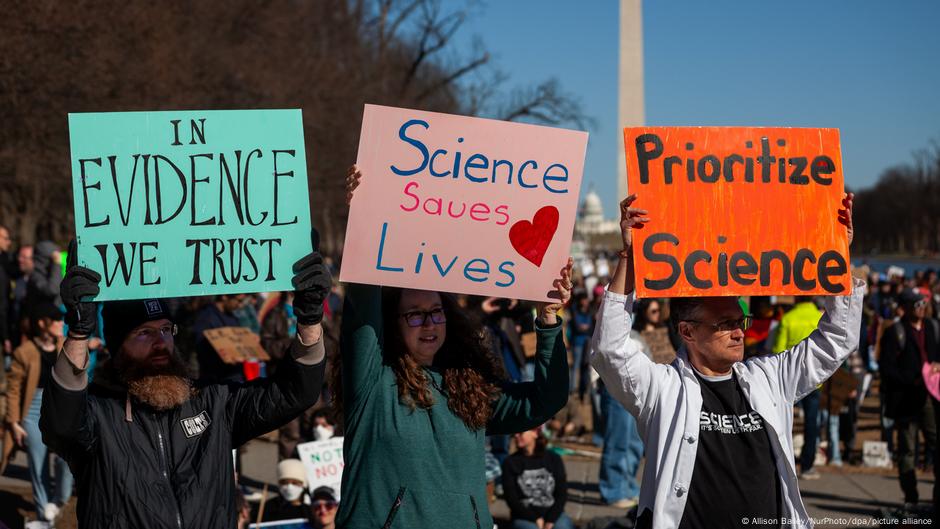Transatlantic Science Shift: Why Top US Researchers Are Flocking to German Labs

The Trump administration's aggressive assault on scientific research is creating a seismic shift in the academic world, driving talented researchers away from the United States and potentially reshaping global scientific collaboration.
As the Trump era unfolded, American scientists found themselves increasingly marginalized, with research funding cut, evidence-based policies undermined, and academic freedom threatened. This hostile environment has prompted many top-tier researchers to seek opportunities beyond U.S. borders, creating an unexpected brain drain that could have long-lasting consequences for American scientific innovation.
German research institutions are watching these developments with a mix of opportunity and concern. While they see potential to attract world-class talent displaced from U.S. universities and research centers, they are also deeply worried about the broader implications for global scientific progress.
The exodus is not just about individual careers, but about a fundamental challenge to scientific integrity. Researchers are finding themselves caught between political ideology and empirical research, with climate science, medical research, and environmental studies particularly vulnerable to political interference.
For German research institutions, this represents both a potential recruitment opportunity and a serious challenge to international scientific cooperation. The traditional leadership of U.S. scientific research is being eroded, creating uncertainty about future global research dynamics.
As the scientific community grapples with these unprecedented challenges, the long-term impact remains uncertain. What is clear is that the current political climate is fundamentally reshaping how scientific research is conducted, funded, and valued on a global scale.
